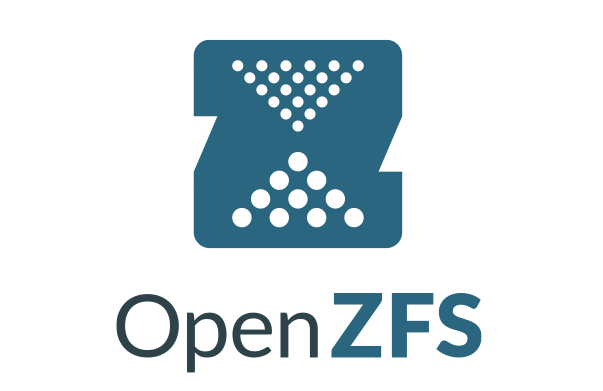Blog
The OCaml Planet RSS
Articles and videos contributed by both experts, companies and passionate developers from the OCaml community. From in-depth technical articles, project highlights, community news, or insights into Open Source projects, the OCaml Planet RSS feed aggregator has something for everyone.
Want your Blog Posts or Videos to Show Here?
To contribute a blog post, or add your RSS feed, check out the Contributing Guide on GitHub.
This week consisted of a lot of spinning plates, which is unfortunate because it’s not something I’m very good at!
Rather than using the agent-based approach proposed yesterday, it’s worth considering an Ansible-based solution instead.
Are you curious about using OCaml for web development? We outline some of the biggest tools and libraries you'll want to check out!
Arthur mentioned that it would be great to know which packages build successfully with OxCaml and which don’t.
Patrick reported issues with OCaml-CI running tests on ocaml-ppx.
Sabine would like to switch OCaml.org from using Plausible over to Posthog. The underlying reason for the move is that the self-hosted product from Posthog has more features than the equivalent from Plausible. Of particular interest is the heatmap feature to assess the number of visitors who finish the Tour of OCaml.
Following the setup of rosemary with FreeBSD 14 (with 20C/40T), I have paused spring and summer (which combined have 12C/24T) and rosemary is now handling all of the FreeBSD workload.
Still 🪀ing somewhat, but various nice things happened this week.




